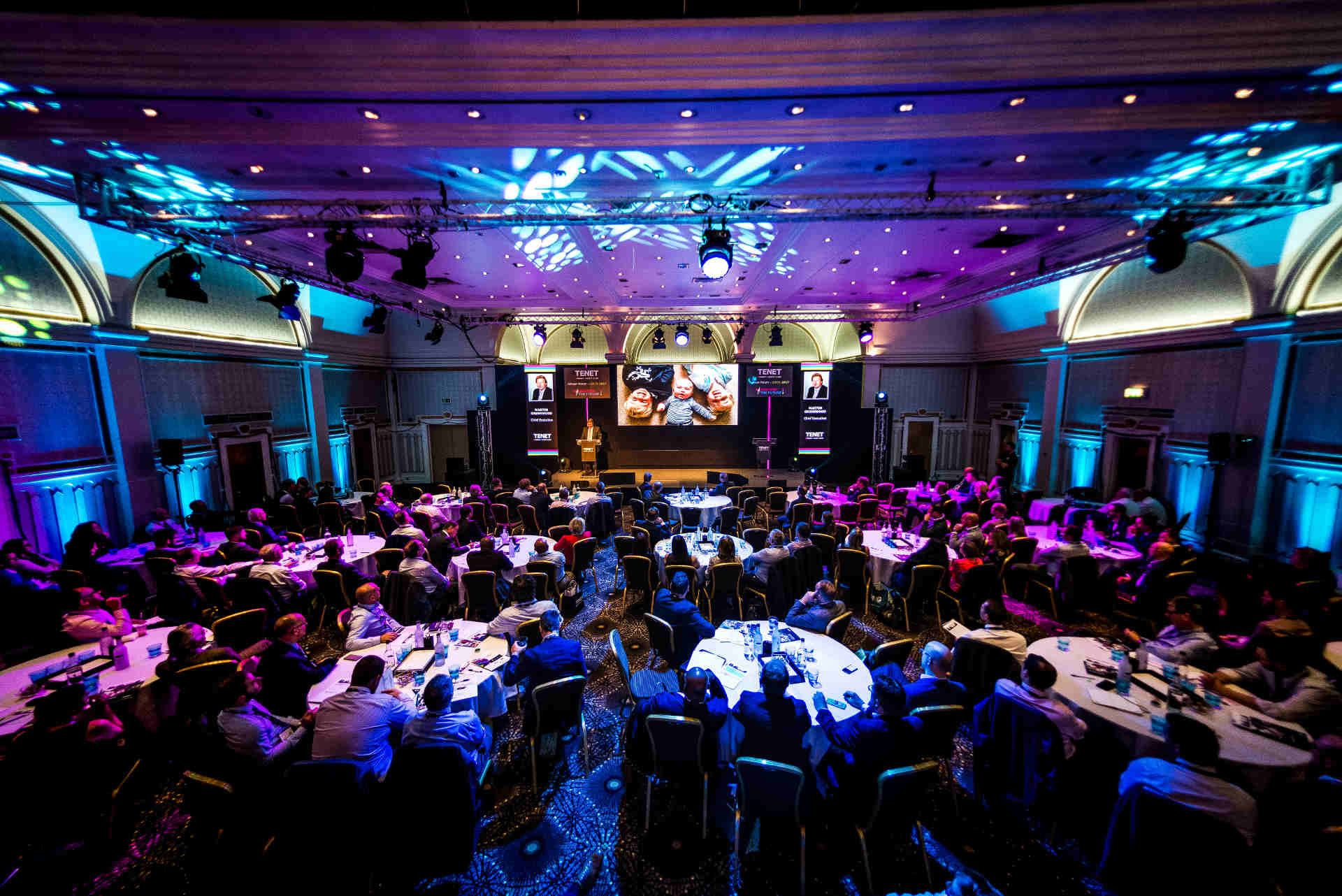
Enquiry
Step by Step Guide to Maximizing ROI in Corporate Event Planning

Step by Step Guide to Maximizing ROI in Corporate Event Planning
Planning a corporate event is a significant investment for any organization. To ensure that the money, time, and resources spent yield valuable returns, it’s essential to focus on maximizing ROI (Return on Investment). ROI measures the profitability of an investment and is crucial for evaluating the success of your event. Here’s a step-by-step guide to help you maximize ROI for your next corporate event.
Step 1: Define Clear Objectives
Start by setting specific goals for your event. Are you aiming to generate leads, increase brand awareness, foster employee engagement, or launch a new product? Clear objectives provide a roadmap for planning and help measure the event’s success. For example, if your goal is lead generation, your ROI could be measured by the number of new contacts or potential clients acquired.
Step 2: Know Your Audience
Understanding your audience is critical. Conduct research to learn about their interests, preferences, and pain points. This information will help you tailor the event to meet their needs and expectations, ensuring higher engagement and satisfaction. For instance, if your audience values networking opportunities, include ample time and space for mingling.
Step 3: Create a Realistic Budget
A well-planned budget is essential for managing expenses and ensuring a positive ROI. List all potential costs, including venue, catering, marketing, technology, and staff. Allocate funds based on priority and set aside a contingency fund for unexpected expenses. A clear budget helps avoid overspending and keeps the event financially viable.
Step 4: Choose the Right Venue
Selecting the right venue is crucial. Consider factors such as location, capacity, amenities, and cost. Ensure the venue aligns with your event’s objectives and audience expectations. For example, a centrally located venue might be more accessible and attract more attendees, thereby increasing your ROI.
Step 5: Develop Engaging Content
Content is the heart of any event. Plan sessions, presentations, and activities that provide value to your attendees. High-quality content that addresses the audience’s needs and interests will keep them engaged and more likely to act on your event’s goals, such as making a purchase or signing up for a service.
Step 6: Implement a Strategic Marketing Plan
Promote your event through various channels to reach your target audience effectively. Utilize social media, email marketing, and partnerships to spread the word. A well-executed marketing plan ensures high attendance, which is crucial for maximizing ROI. Track your marketing efforts to understand which channels are most effective.
Step 7: Leverage Technology
Use event management software to streamline planning and execution. Tools for registration, ticketing, and attendee engagement can save time and reduce costs. Additionally, technology like mobile apps and virtual platforms can enhance the attendee experience and expand your reach, especially for hybrid events.
Step 8: Focus on Attendee Experience
The success of your event largely depends on attendee satisfaction. Ensure a smooth registration process, provide clear information, and offer engaging sessions. Create opportunities for networking and interaction. A positive experience encourages attendees to stay longer, participate more, and leave with a favorable impression of your brand.
Step 9: Collect Feedback and Analyze Data
After the event, gather feedback from attendees, sponsors, and stakeholders through surveys and analytics. This data will help you understand what worked well and identify areas for improvement. Use these insights to refine your strategy for future events, thereby continually improving your ROI.
Step 10: Follow Up with Attendees
Post-event follow-up is crucial for maintaining engagement and converting leads into customers. Send thank-you emails, share event highlights, and provide additional resources. Keep the conversation going to nurture relationships and maximize the long-term ROI of your event.
Summary
Maximizing ROI in corporate event planning involves setting clear objectives, understanding your audience, managing a realistic budget, and focusing on delivering value through engaging content and a positive attendee experience. By following these steps, you can ensure that your corporate event not only meets its goals but also delivers a significant return on investment.